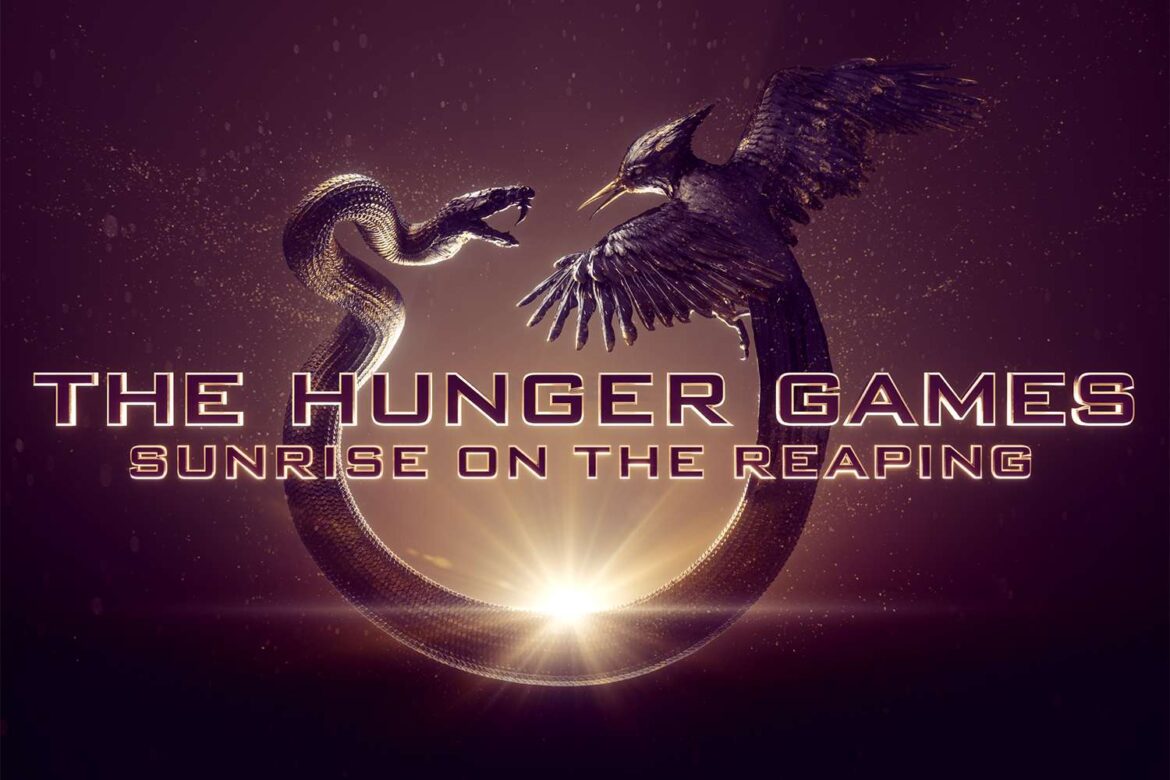In a world where bread and circuses have evolved into mandatory televised bloodsport, what does freedom truly mean? Suzanne Collins’ “The Hunger Games” universe doesn’t merely entertain us with dystopian spectacle—it confronts us with uncomfortable truths about power, propaganda, and the courage required to dismantle systems of oppression. With the recent release of “Sunrise on the Reaping,” Collins’ latest addition to the saga, we are once again drawn into Panem’s complex examination of liberty, control, and the human spirit’s resistance to tyranny.
At the heart of Panem stands the Capitol—a glittering monument to authoritarianism disguised as benevolent governance. President Snow, with his calculated charm and rose-scented threats, embodies the seductive danger of centralized power. His rule, built on the foundation of the Hunger Games themselves, demonstrates how authoritarians maintain control: not just through force, but through carefully constructed narratives that divide the oppressed against themselves. The Districts, stripped of resources and autonomy, are manipulated into viewing each other as enemies rather than recognizing their common oppressor.
“Sunrise on the Reaping” expands this exploration by taking us deeper into the early days of Snow’s rise, showing how systems of oppression don’t emerge fully formed but grow incrementally as citizens surrender liberties in exchange for promised security. The book reveals how easily democratic institutions can be hollowed out from within, replaced by the architecture of autocracy while maintaining the facade of legitimate governance. As Snow himself once noted, “A little hope is effective. A lot of hope is dangerous.” This calculated calibration of hope—enough to prevent revolt but insufficient to inspire true change—represents the insidious genius of Panem’s ruling class.
The genius of Collins’ world-building lies in its painful plausibility. The Hunger Games aren’t merely punishment; they’re entertainment, distraction, and propaganda woven into one brutal institution. Capitol citizens, adorned in outlandish fashions and pursuing trivial pleasures, remain willfully blind to the suffering that sustains their lifestyle. This enforced ignorance mirrors our own society’s tendency to look away from uncomfortable truths, to accept sanitized narratives rather than confront the often-brutal realities that underpin our comfort.
Katniss Everdeen emerges as an unlikely revolutionary precisely because she refuses this bargain. Her journey from survivor to symbol to leader traces the difficult path of awakening political consciousness. When she volunteers as tribute, it’s an act of familial love, not political rebellion. Yet this pure, human impulse becomes radical in a system designed to extinguish such connections. By placing her sister’s life above the Capitol’s rules, Katniss takes her first step toward understanding that true freedom begins with reclaiming one’s moral autonomy.
The mockingjay pin, originally a simple token of District 12, transforms into something far more powerful: a reminder that symbols, like power, derive their meaning from collective belief. When Katniss becomes “The Girl on Fire,” she demonstrates how individual defiance can ignite collective resistance. Her three-finger salute—simple, silent, yet unmistakable in its meaning—shows how even under the most oppressive regimes, the language of liberty finds expression.
“Sunrise on the Reaping” further illuminates how rebellion begins not with armies but with individuals who refuse to participate in their own oppression. The book reveals early acts of resistance that history nearly forgot—small defiances that laid groundwork for later revolution. In this expanded universe, Collins reminds us that liberation isn’t achieved in a single, dramatic moment but through countless small refusals to comply with injustice.
What makes “The Hunger Games” so compelling is its refusal to offer easy answers. Even as it condemns the Capitol’s excesses, it warns against exchanging one form of authoritarianism for another. President Coin’s leadership in “Mockingjay” demonstrates how revolutionary fervor can calcify into the very tyranny it sought to overthrow. When she proposes a final Hunger Games using Capitol children, Collins confronts us with uncomfortable questions: Does justice require vengeance? Can a free society be built on the foundations of retribution?
Katniss’s assassination of Coin rather than Snow represents her ultimate act of political autonomy—rejecting the false choice between tyrants and instead demanding a new system altogether. It’s a powerful reminder that true liberty requires constant vigilance, not just against obvious oppressors but against the seductive promise of security at the expense of freedom.
In our current political climate, where surveillance is normalized, dissent is often pathologized, and entertainment increasingly serves as distraction from civic engagement, “The Hunger Games” feels less like fiction and more like warning. Collins’ expanded universe in “Sunrise on the Reaping” arrives at a moment when many democracies face internal threats, when the mechanisms of liberty are weakened not through violent overthrow but through gradual erosion of norms and institutions.
The lasting power of “The Hunger Games” lies in its fundamental question: What would you risk for freedom? Not just your own, but others’? Katniss’s journey reminds us that liberty isn’t just an abstract principle but a daily practice of courage—the courage to question narratives, to resist conformity, and to recognize our interconnectedness across artificial divisions.
As Peeta reminds us with his insistence that “I don’t want to be just a piece in their games,” dignity begins with refusing to be reduced to what authority demands of us. In a world increasingly defined by surveillance, consumption, and manufactured consent, perhaps the most revolutionary act is simply this: to remember our humanity, to nurture connections that transcend approved boundaries, and to insist, despite all evidence to the contrary, that a more just world is possible.
After all, as Collins’ newest addition to the canon reminds us, even in the darkest times, sunrise follows. The question is: What world will we build when that light finally breaks?
This piece solely expresses the opinion of the author and not necessarily the magazine as a whole. SpeakFreely is committed to facilitating a broad dialogue for liberty, representing a variety of opinions. Support freedom and independent journalism by donating today.
